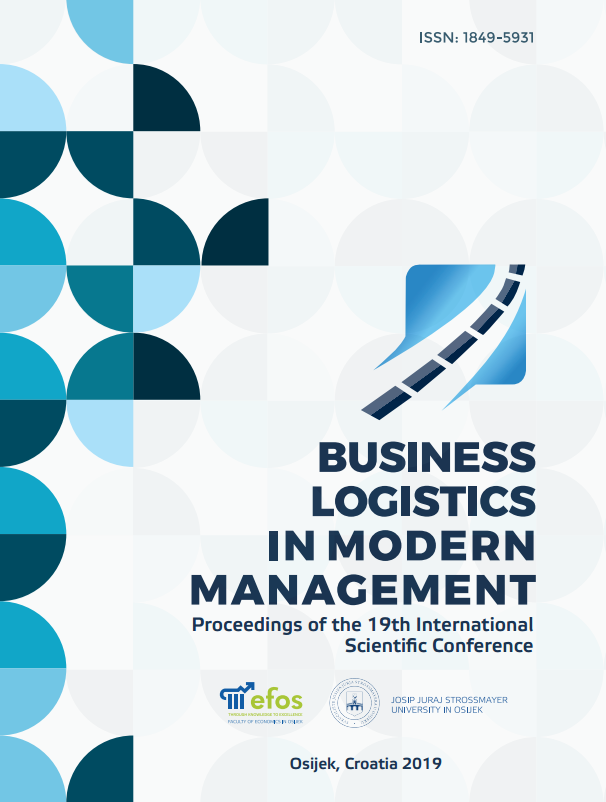FORECASTING DEMAND FOR TRANSPORT SERVICES ON THE EXAMPLE OF PASSENGER TRANSPORT
Abstract
Success on the market is fostered not only by the quality of provided services, but also by the precise satisfaction of purchasers’ needs. Therefore, demand forecasting is an important element of any company function, including transport. It also allows for appropriate shaping of the level and structure of inventories. It facilitates proper organization of processes and better management of resources. This is particularly important in the transport services industry, where vehicle readiness determines possibility of performing the task. Demand is influenced by a multitude of factors, which are often difficult to define and describe, therefore this article proposes the ARIMA model, in which the conducted study was based on the assumption that the dependent variable is affected only by its own value, lagged over time. The study was supplemented by the ARIMAX model, which additionally takes into account exogenous variables resulting from the diagnosed seasonality of the process.
The analysis was presented on the example of a Polish company (based in Warsaw) offering passenger transport services, for which the number of passengers was forecast. Such information allows not only for a more efficient use of the available human and technical resources, but also for an increase in the company's profit.

